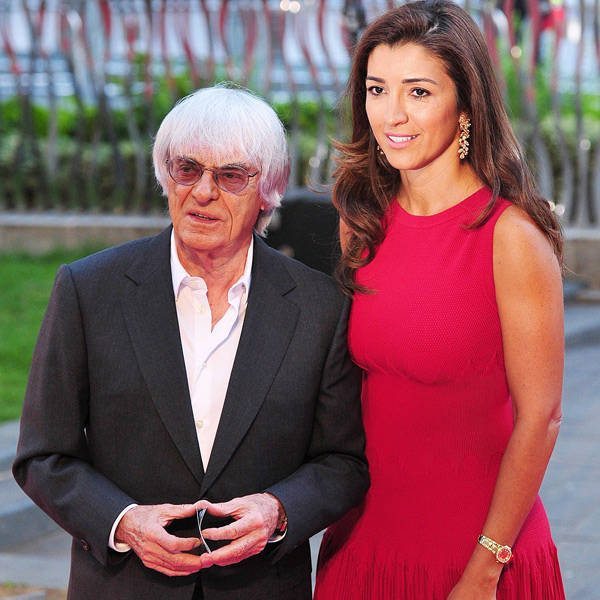
Throughout all my years of dealing with banks, 99% of the people I meet are downright honest, good to share a glass of wine with, people.
They work hard, are customer focused and have the best intentions.
Their only challenge is their management team and culture.
On the one hand, some believe they are doing the right thing and cannot see it's wrong.
On the other, some are doing the wrong thing but only following orders.
I suppose this this is similar to scientists testing drugs on vulnerable people.
They know it should not be done, but someone has to do it.
That is the claim of why the UK got embroiled in PPI mis-selling en masse - everyone was doing it and it was directed from the top - and would equally be the issue thrown at the door of US banks involved in illegal foreclosures of mortgages.
It would be the claim of those involved in LIBOR and FX rigging - the markets worked that way and everyone was doing it - and is some ways, it is hard to critique.
Sure, there are a few people who actively went out to screw and rip-off the customers at the customer’s expense, but those people are few and far between and those behaviours were purely motivated by greed.
So, putting all that in perspective, let us agree that most employees of banks - nearly all - are good, honest, hardworking people like you and I.
So why do they get so much abuse?
Regulators don't like them.
Politicians don't like them.
The media doesn't like them.
And most customers don't like them.
To be honest, that is nothing to do with the people, the banks or their behaviours; it's related to the psychology of money.
Money is what makes the world go around and is our carrot and stick system of controlling civilised societies.
Without money, we would all be animals, sniffing in the ground for our food and killing each other when barter doesn't work.
As I blog and present regularly, money was invented as pure control mechanism by the government of the people through the last five millennia to ensure the people behave.
Money enables us to achieve our dreams or live a nightmare.
And it is that very basic fact - that money is the mechanism by which we can fulfil Maslow's hierarchy of needs - that means that money is what we most fundamentally need to exist in today's and yesterday's world.
Sure it can't buy me love but, if it can get you nearly there.

Therefore, I don't think the anger and disgust with banks by the public and media relates so much to the people who work within the banks as what the banks represent.
Banks represent the controlling force in society.
It is banks that organise the finance of businesses, governments, religions and individuals.
Remove that controlling force and anyone could take anything they want anytime.
That is the dream.
The reality is that if you remove that controlling force, then anyone can take anything from anyone anytime by force.
It would be anarchy and would result in a very fragmented, violent and divisive society.
and the point of all this is that we therefore need the controlling force in society and, just as some resent the physical police, we also resent the financial police for enabling or stopping us achieving our wishes.
That is why the media and customers often feel they dislike their banks, and politicians and regulators purely represent the views of their voters and protection of their citizens.
In other words, think of banks as being police, and when the police behave badly, it causes tensions.
It only takes a few bad police persons to cause society to breakdown (remember Rodney King).
It only takes a few bad bankers to cause society to breakdown (remember Lehman Brothers).
Chris M Skinner
Chris Skinner is best known as an independent commentator on the financial markets through his blog, TheFinanser.com, as author of the bestselling book Digital Bank, and Chair of the European networking forum the Financial Services Club. He has been voted one of the most influential people in banking by The Financial Brand (as well as one of the best blogs), a FinTech Titan (Next Bank), one of the Fintech Leaders you need to follow (City AM, Deluxe and Jax Finance), as well as one of the Top 40 most influential people in financial technology by the Wall Street Journal's Financial News. To learn more click here...

